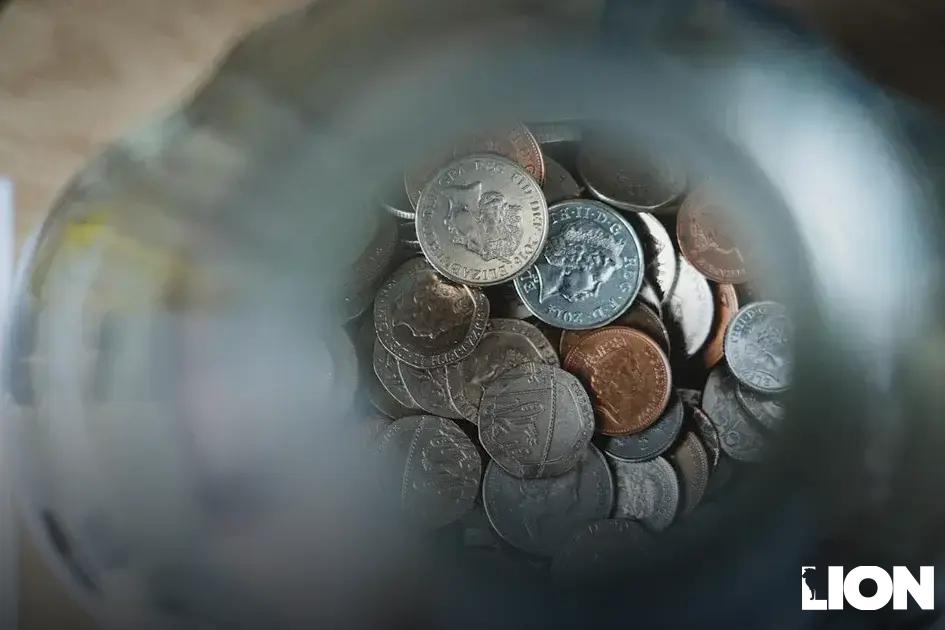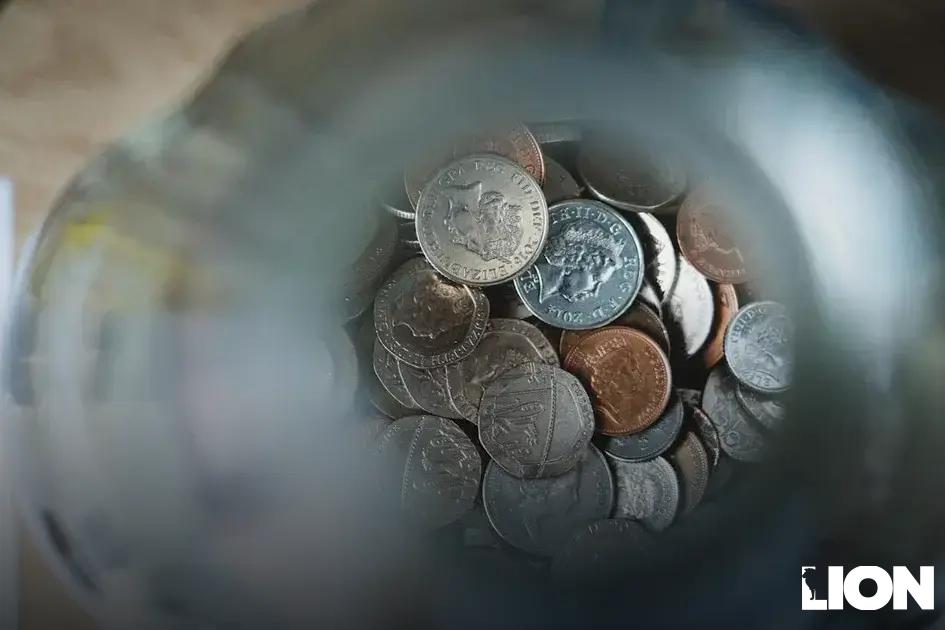Smart Budgeting in an Inflationary World is crucial to make your money last longer. With rising prices, stretching your finances requires strategic planning and meticulous execution. Budgeting effectively can transform your financial outlook, even amidst inflationary pressures. As you explore understanding inflation, effective saving techniques, and prioritizing expenses, learn to adapt with smart money choices. Leveraging technology also offers new opportunities to refine your budgeting techniques for better savings. This guide aims to equip you with the knowledge to navigate economic challenges confidently.
Understanding Inflation and Its Impact on Budgets
Inflation affects more than just the cost of goods and services; it can significantly alter how we manage our personal budgets. When prices rise, the purchasing power of our money declines, which means every dollar we spend buys less than it did before. This effect can make it challenging to maintain the same standard of living without adjusting our financial habits.
Consider how inflation impacts fixed and variable expenses. Fixed expenses, such as rent and mortgage, may not immediately change, but eventually, landlords and banks might increase rates to offset inflation. Variable expenses, such as groceries and transportation, often feel the immediate pinch of rising costs.
Managing a budget in an inflationary world requires smart strategies. It’s essential to monitor spending closely and adjust allocations where necessary. For instance, if the cost of groceries rises, it might be wise to search for more cost-effective alternatives or adjust meal planning to include affordable ingredients.
Additionally, inflation can impact your savings. The real value of money saved decreases as inflation climbs, which means your savings have less purchasing power in the future. Investing in assets that have historically outpaced inflation, like stocks or real estate, can be a practical approach to maintaining value.
Understanding how inflation affects budgets helps in making informed financial decisions. Adapting strategies to cope with inflation’s effects can ease the strain on your budget and ensure financial security.
Effective Saving Techniques During Inflation

It’s essential to adopt effective saving techniques to withstand the challenges posed by inflation. Inflation diminishes the purchasing power of money, making it imperative to implement strategies that preserve your wealth. One such technique is to create a detailed budget that aligns with current economic conditions. This involves tracking your income and expenses meticulously to identify areas where savings can be optimized.
Another effective method is to subscribe to automated savings plans. By automating the saving process, you ensure that a portion of your income is consistently set aside before you have the chance to spend it. This can be done through your bank or financial institutions that offer such services.
Investing in essential goods and services while reducing expenditure on luxury items can aid in maintaining financial stability. Evaluate monthly expenses and cut back on non-essential items. Compare prices and look for discounts or bulk purchase options to lower costs further.
Consider building an emergency fund that can cover at least 3 to 6 months of your living expenses. This fund acts as a buffer against unforeseen economic shifts and provides a safety net during high inflation periods.
Review existing debts and aim to pay down high-interest obligations swiftly. Interest rates can increase during inflation, making debts more costly. Focus on clearing these liabilities to avoid financial strain.
Setting financial goals can provide direction and motivation to maintain disciplined saving habits. Regularly review and adjust your goals to reflect changes in economic conditions and personal circumstances. This proactive approach helps in adapting to inflation’s impact effectively.
Finally, explore opportunities to diversify your income. This might include taking on part-time work, freelancing, or developing new skills that can open additional revenue streams. Multiple income sources can offset inflation-induced financial pressures, ensuring a steady flow of funds.
Prioritizing Expenses: Needs vs. Wants
One of the key strategies in smart budgeting is to distinguish between needs and wants. This differentiation becomes even more crucial during times of inflation when every penny counts. Needs are those essential expenses that are necessary for basic survival and maintaining a stable quality of life. They include things like food, housing, healthcare, and utilities. These are the priorities that should always come first when planning a budget.
Wants, on the other hand, are non-essential items or services that enhance your lifestyle but are not critical. Examples include dining out, streaming services, and luxury items. It’s important to evaluate each expense carefully and ask yourself if it’s necessary for your well-being or if it’s something that can be reduced or delayed in favor of saving.
Using this needs versus wants framework helps in creating a balanced budget that aligns with your long-term financial goals. It also assists in adjusting to inflationary pressures by ensuring that essential needs are met first before spending on wants. Start by listing your regular expenses and categorizing them into these two groups. Examine each item on your list and consider whether cutting back on certain wants can free up funds for savings or investing.
Another effective measure is to engage in regular financial reviews. Frequent assessments of your spending will help you stay on track, make necessary adjustments, and reinforce the discipline of distinguishing between needs and wants.
Utilizing Technology for Better Money Management

Managing finances in today’s world can be complex, but technology offers powerful tools to simplify the process. From mobile apps to online platforms, these resources can help you understand your spending habits and track your budget efficiently.
Financial Apps: There are numerous apps available that can sync with your bank accounts. These apps categorize your expenditures, alert you on bills, and provide insights on spending patterns.
Online Banking: Most banks offer online banking services, giving you access to transaction history, balance checks, and fund transfers without stepping into a branch. This convenience ensures you’re always informed about your financial status.
Budgeting Tools: Platforms like Mint or YNAB (You Need A Budget) provide comprehensive tools for setting and maintaining a budget. These tools often integrate with your accounts to offer real-time financial data, helping to keep you on track.
Automated Savings: Consider setting up automatic transfers to your savings account. This ensures that a portion of your income is consistently saved and helps create a financial buffer.
Technology not only eases the budgeting process but also empowers you to make more informed financial decisions. By leveraging these tools, you can enhance your money management skills even in fluctuating economic times.


 Teaching Kids About Money: Top Lessons for Every Child
Teaching Kids About Money: Top Lessons for Every Child  How to Manage Finances as a Newlywed Couple: Essential Tips
How to Manage Finances as a Newlywed Couple: Essential Tips  Should Couples Have Joint or Separate Bank Accounts?
Should Couples Have Joint or Separate Bank Accounts?